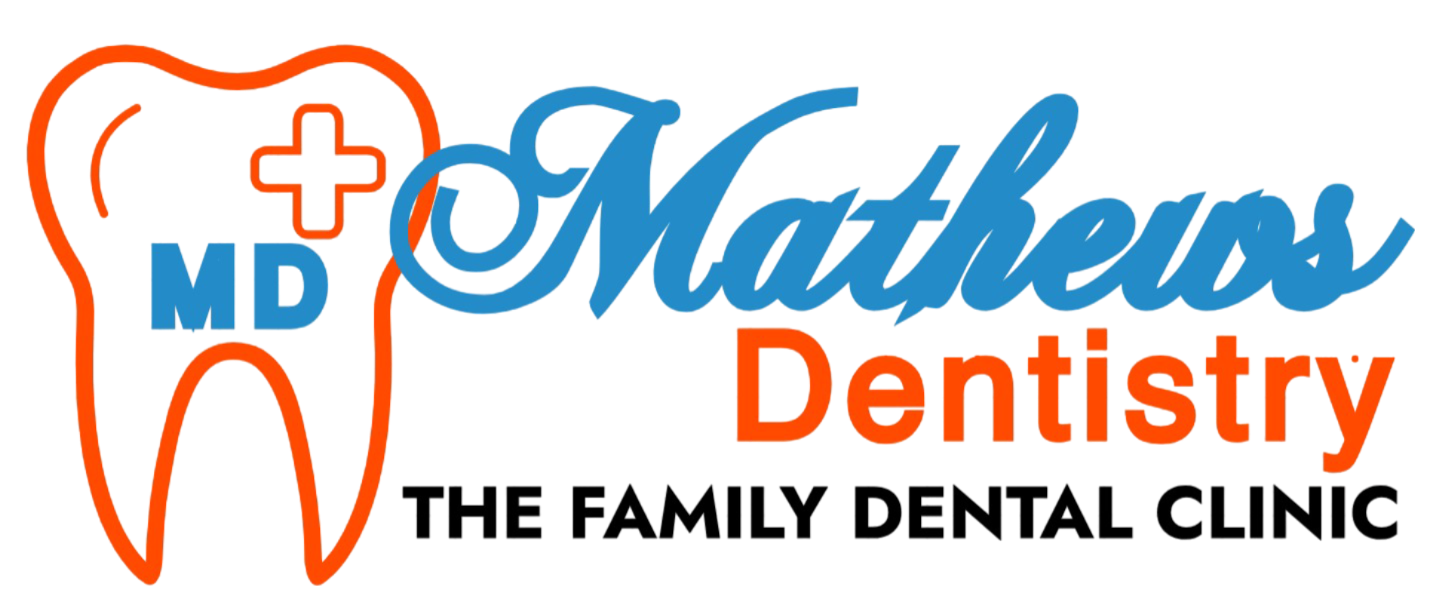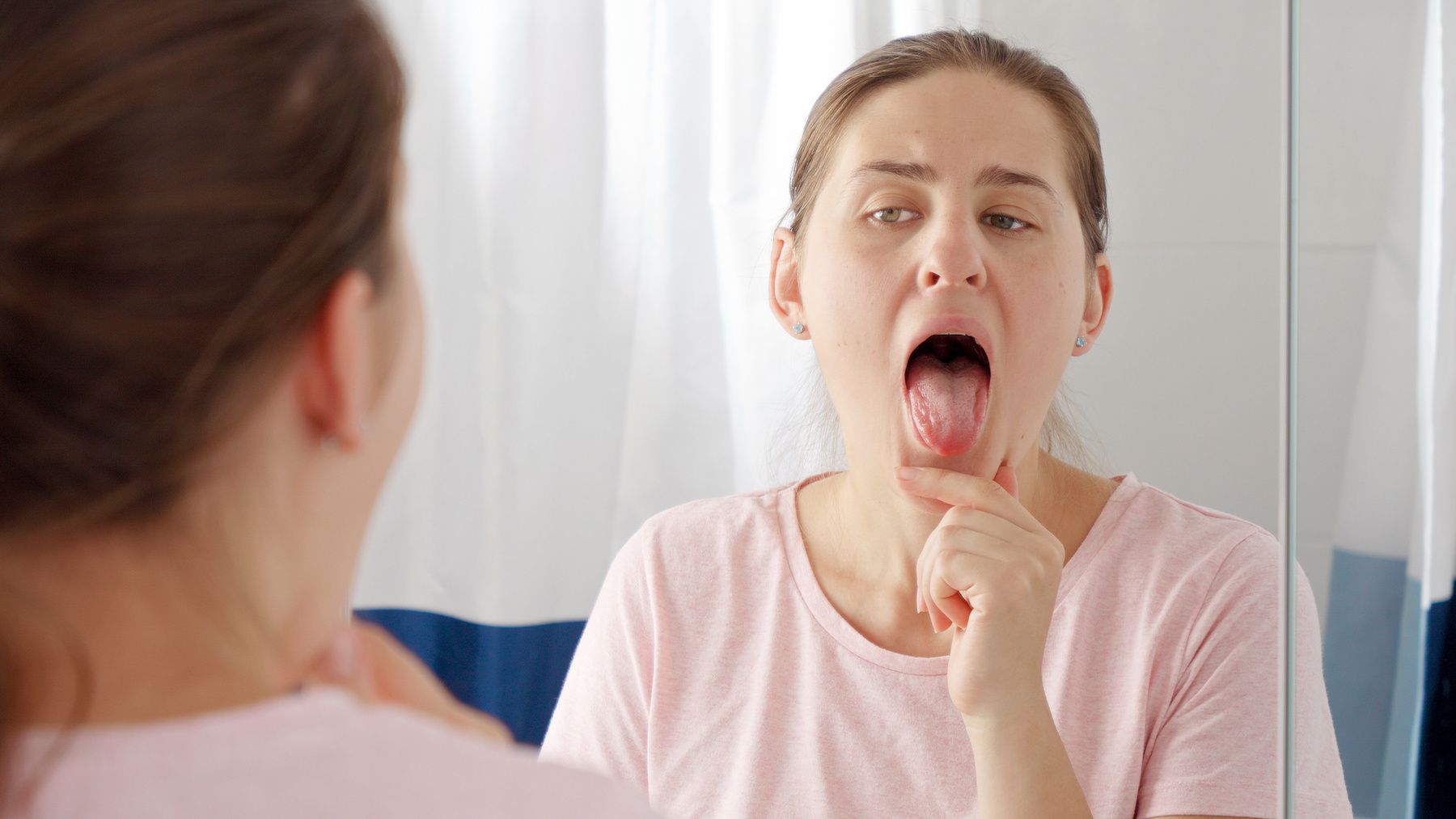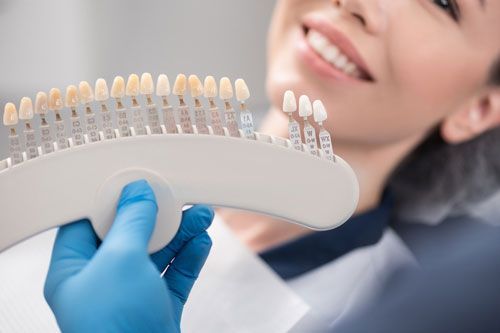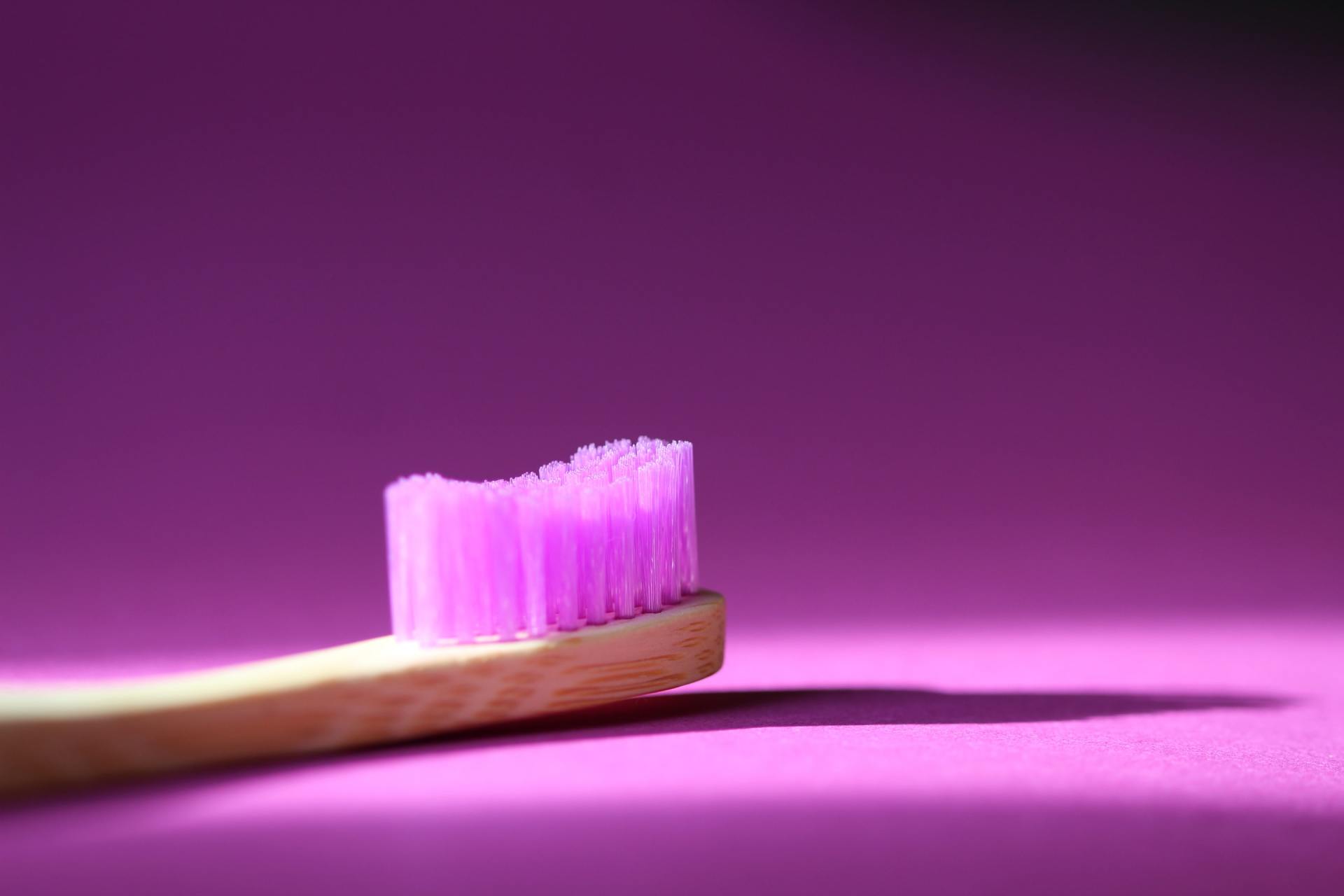Tips for Good Oral Health
Blesson Varghese • May 31, 2020
Maintaining good oral health at home during the COVID-19 pandemic

While we are all being asked to stay home as much as possible, preventative home care and good oral hygiene is now more important than ever. The good news is you and your family can do things right now to help keep your teeth and gums healthy.
Here are our tips for maintaining your oral health:
- Brush your teeth for two minutes twice a day with fluoride toothpaste. If you have not already, make the switch to an electric toothbrush. They have been shown to improve plaque removal and offer the highest levels of oral hygiene, which is crucial at this time when we are not able to see our dentist or hygienist for cleanings and checkups.
- Clean between your teeth daily. Flossing or use of a small brush designed to clean between your teeth is the best way to remove plaque where your toothbrush will not reach.
- Eat a healthy diet and exercise. There are many things that can affect your risk for gum disease including age, genetics, poor nutrition, and stress. Taking time for meal planning, limiting sugary beverages and snacks, and setting aside time for health and wellness is extremely important. This will help you manage stress during these times and are great for your total body wellness.
- Eat detergent foods. There are some foods called “detergent foods” that can actually help to clean your teeth as you chew! Some of these include carrots, apples, celery sticks, cucumbers, and cheese.
- Families with small children. When you have children at home, good nutrition is essential. It is important to remember that small children should not be put to bed with anything in their bottle other than plain water.
- Keep hydrated and drink lots of water. When your mouth is dry, plaque accumulates and the harmful bacteria can increase your risk for tooth decay and gum disease.
- Change your toothbrush. It is recommended that you change your toothbrush at least every three months or sooner if the bristles are frayed. If you or a family member has been sick, it is also a good idea to replace your toothbrush, including the toothbrushes of others in your family.
- Make sure you are getting enough Vitamin D. Vitamin D helps to keep your teeth and gums strong. Depending on the time of year, you may or may not always have the luxury to get outside as much as you would like to soak up Vitamin D from the sun. The good news is that you can receive Vitamin D from many foods like tuna or salmon, and cheese and egg yolks. And some beverages like milk and orange juice often come fortified with Vitamin D. Make sure to check the label.
- Increase the power of fluoride. Fluoride works with your body’s natural defenses to help strengthen your teeth enamel and fight off cavities. We often get our fluoride from tap water and toothpaste that includes fluoride. But many of us mistakenly rinse off the fluoride we receive too soon. For example, if you are using a mouthwash right after you brush, you are rinsing away a lot of the fluoride that you just got from brushing your teeth. Instead, give that fluoride some time to work by waiting at least 30 minutes before rinsing, eating, or enjoying a beverage.
- Find a good angle. When you brush your teeth, the position of the bristles is important. Your toothbrush head should be at a 45-degree angle near your gum line. Continue with this angle when you clean the inside surfaces of your teeth and gums. Always brush using a circular movement. And keep it going for a full two minutes.
- Brush more than your teeth. Plaque and bacteria can gather on more than your teeth. They find their way unto your tongue, gums, and the roof of your mouth. Take a full mouth approach and make sure you are cleaning these areas as well. When cleaning your gums, keep that 45-degree angle and take care to brush gently and use short strokes. Do not scrub. Your gums can recede from too much force.
- These teeth are made for eating. Emergencies are never fun, especially when you are social distancing. Skipping the scissors and using your teeth to rip off price tags from new clothing has sent many people to the dental chair. Other big no-no’s to avoid include opening up plastic packaging, or potato chip bags with your teeth, or even worse, using your teeth as a bottle opener. All of these activities can easily lead to cracks or chips in your teeth. Remember, your teeth are not designed to be tools. Using them for ripping, tearing, or opening is very hard on your pearly whites.
While we all stay home to help each other move past COVID-19, make sure to take some time to look after your teeth and gums. Your oral health is very important to your overall health.
And you are important to us!
Share
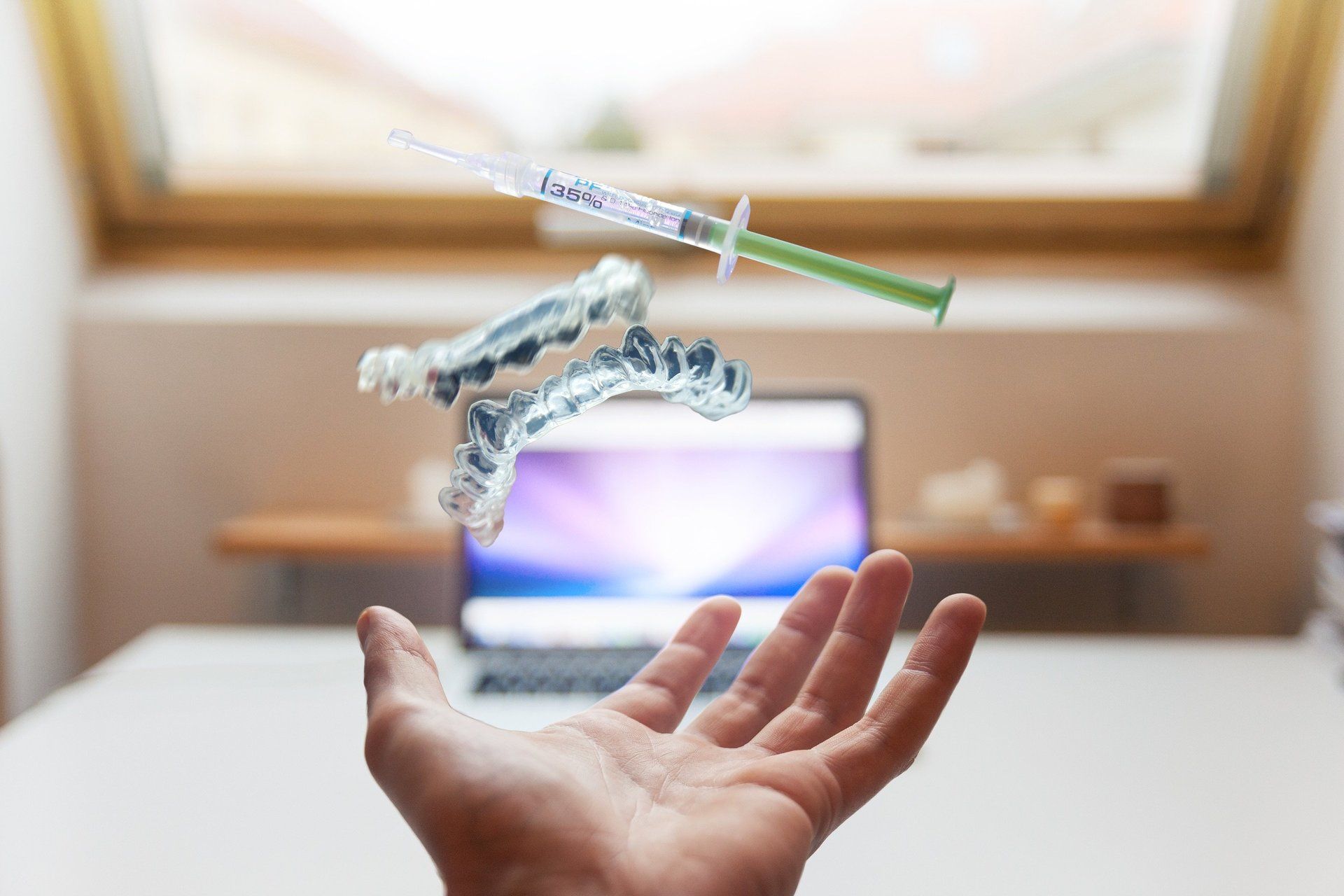
Effective home care cleaning techniques are necessary for patients with dental implants. Different methods are utilized for the fixed prosthesis, the fixed detachable prosthesis and the removable prosthesis. While dental caries is no longer a problem, peri-implant gingivitis and peri-implant osteitis are concerns for patients who have dental implants. Techniques and the tools available are recommended by us to enable dental implant patients to keep their dental implants plaque-free and consequently, free of peri-implant infection. Please Visit us for more details.
